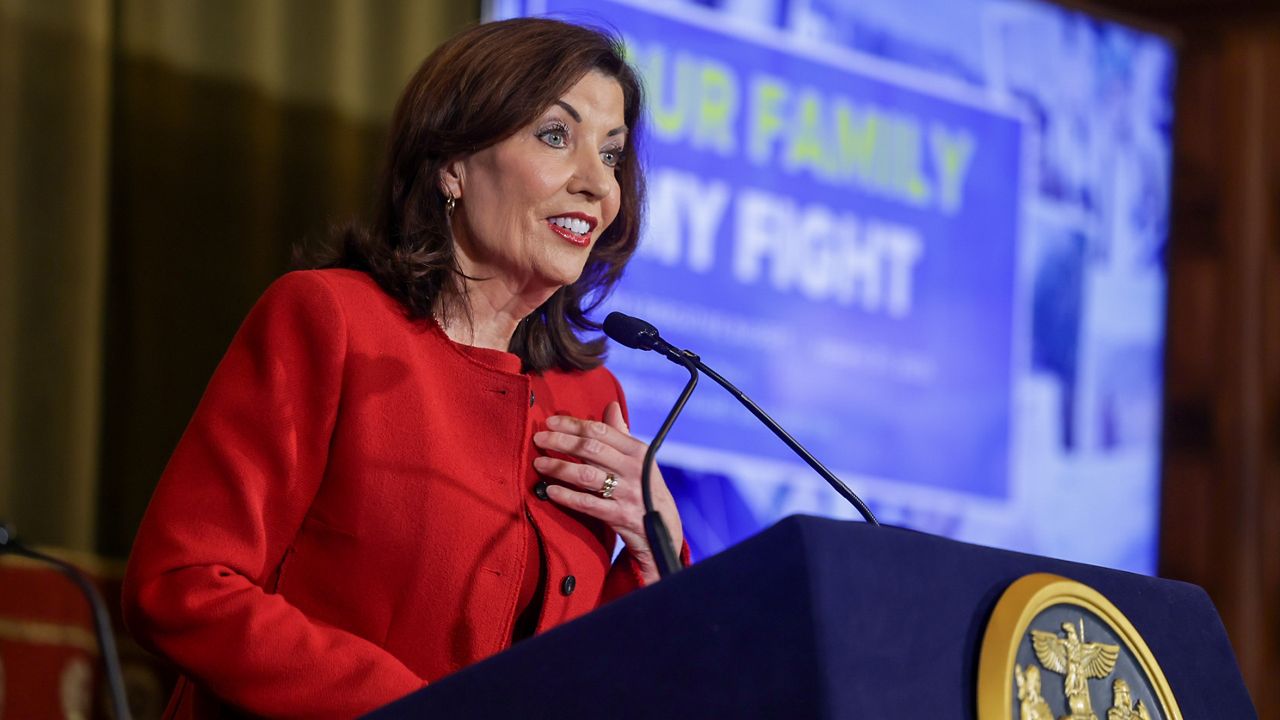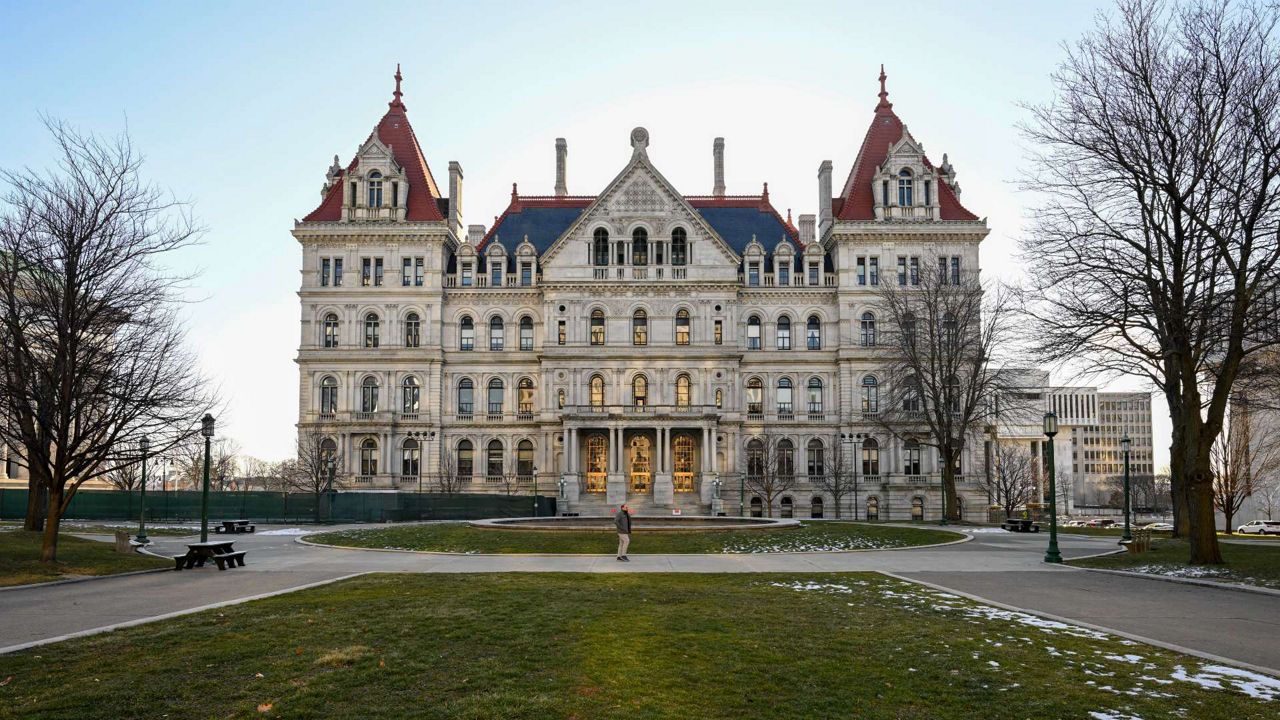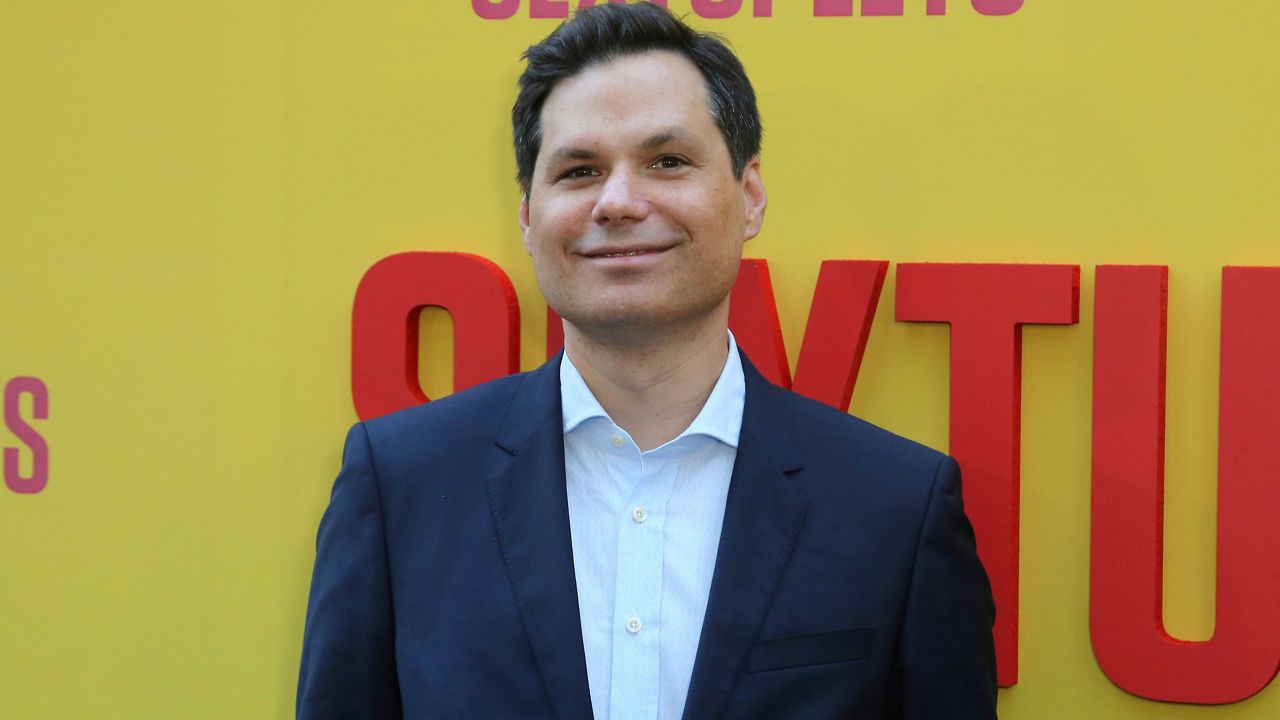The state Assembly’s Energy Committee met Wednesday in Albany to discuss programming overseen by the New York State Energy Research and Development Authority (NYSERDA) and the New York Public Service Commission (PSC) as part of efforts to drastically reduce emissions between now and 2050.
While there was discussion of the state’s climate goals and how NYSERDA and the PSC are working to meet them, a large focus of the hearing was transparency and how NYSERDA and the legislature can more efficiently work together in reaching those goals.
Assemblymember Didi Barrett, chair of the Energy Committee, told Spectrum News 1 that the nature of the relationship is challenging.
“They’re kind of independent, and yet it’s a huge amount,” she said of the money the organization spends on programs and initiatives. “They’re an authority, and authorities by their nature operate outside the budget and other jurisdictions.”
Barrett said the situation causes logistical problems, including vetoed legislation when bills step on the toes of initiatives NYSERDA is already undertaking, or fall under things that would otherwise be handled as part of the state budget, but can’t be because of NYSERDA’s status.
“We should be discussing these things from our standpoint in the legislature, and they should be sharing what they are doing in these areas,” she said.
Ranking Member Republican Assemblymember Phil Palmesano went a bit further in his frustration over what he calls a lack of transparency and clarity on how NYSERDA is spending money.
“The legislature doesn’t have to sign off on anything they do, the comptroller doesn’t have to sign off on or approve the billions of dollars they are sending out the door on these green energy contracts,” he said.
While NYSERDA officials declined to be interviewed on camera, citing scheduling, they did address the concerns directly to lawmakers when asked what can be done to better inform them of NYSERDA’s ongoing programming and its fiscal impact.
“We want to make sure that legislative staff is understanding the processes that are put in place. I also think that as more formalized proposals are coming back, we can have conversations,” said John Williams, executive vice president of policy and regulatory affairs at NYSERDA.
John Howard, former commissioner of the Public Service Commission, also provided testimony, and said more easily accessible information needs to be provided to the public.
“People need to know what it is going to cost them so they can prepare, and maybe even make judgements on what we do, how quick we do it, what we do first. But you can’t make those decisions without the data,” he said.
Lawmakers also expressed frustration with a delay in annual reporting as they questioned officials from NYSERDA and the Public Service Commission on the exact ratepayer impact of programming.
In response to lawmakers’ concerns, a NYSERDA spokesperson stressed the organization’s efforts when it comes to transparency.
“NYSERDA executes on its mission with a commitment to transparency and accountability, each year filing almost 250 reports with governmental and oversight entities and publishing over 150 data sets for public access on OpenNY,” the statement read. “NYSERDA will continue to work within the authorizations granted to it by the State Legislature and New York State Public Service Commission, and is dedicated to working with partners at all levels of government, including State legislative members, to deliver benefits equitably and affordably to all.”
Also a topic of conversation was challenges facing New York in its ability to meet its climate goals. Lawmakers expressed concern about the timeline of New York’s electric school bus mandate, as well as the development of EV infrastructure.
It comes as Gov. Kathy Hochul herself recently stated that a rush to fulfill New York’s all-electric building mandate could be at odds with efforts to develop new housing.
“I need to be working closely with the legislature to say we are not walking back from our aspirations and goals, but I have to do it in a way that makes sense so we can continue the building that has to happen. I need more housing built,” Hochul said in Buffalo last week.











